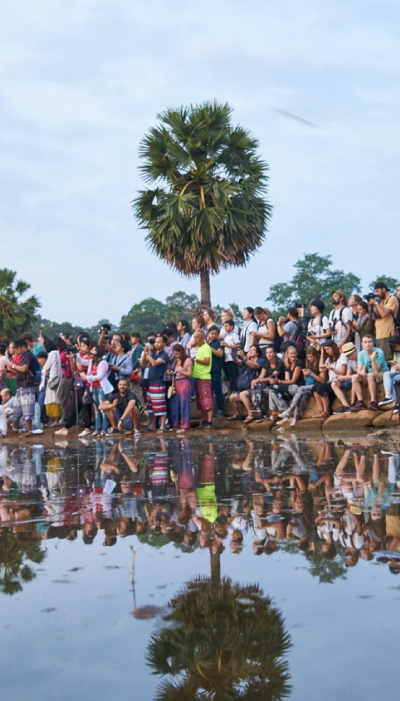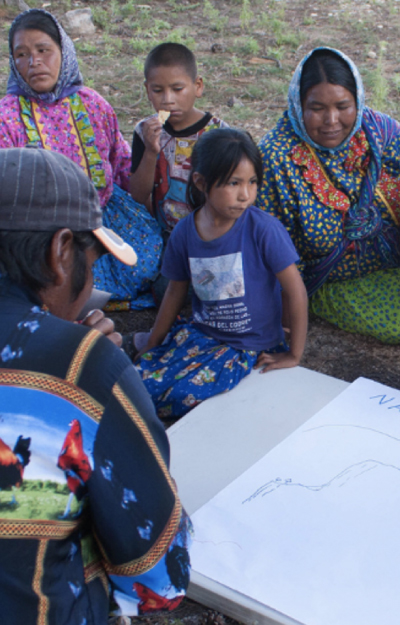-
8%
of global greenhouse gas emissions came from the tourism sector in 2019 -
1.3 trillion
in export revenues were lost from the Covid-19 pandemic travel shut down -
42%
of respondents remarked sustainable travel decisions are a priority in a 2019 study -
70%
of travelers feel tourism providers make little or no effort to activate sustainable practices
To promote responsible tourism policies and practices globally so that local communities may thrive and steward their cultural resources and biodiversity.
The Center for Responsible Travel (CREST) is a global nonprofit organization based in Washington, DC dedicated to increasing the positive global impact of responsible tourism. CREST provides evidence-based research and analysis to governments, policymakers, tourism businesses, nonprofit organizations, and international agencies to solve the most pressing problems confronting tourism, the world’s largest service industry.
Originally known as the Center for Ecotourism and Sustainable Development (CESD), CREST was established in 2003 as a bi-coastal institute, with offices at Stanford University and in Washington, DC. It was co-founded by Dr. William (Bill) Durham, a highly respected Stanford Professor of Anthropology and a MacArthur “genius” fellow, and Dr. Martha Honey, an author and internationally recognized authority on responsible travel who has been named one of world’s top 10 eco-travel “watchdogs” by Conde Nast Traveler.
Founded in the wake of the UN's International Year of Ecotourism, CREST initially focused on the role of small-scale ecotourism in empowering communities and conserving precious resources. Over time, our work has evolved to consider how all tourism can be more responsibly planned, developed, and managed across all sectors and geographies. Through innovative field projects, research, consultancies, and advocacy, CREST is taking action to address our world’s key threats to securing a sustainable future.

Tourism in a Crisis
January 2020-Present | Current Project

Overtourism
2018 - Present | Current Project

Destination Stewardship
2015- Present | Current Project
Active Operating Locations
- Washington, DC, USA
-
23
virtual speaking engagements in 2020 -
33
case studies in the Caribbean and Mediterranean -
39
countries supported with protecting their natural environments -
83
media articles in prominent news outlets











